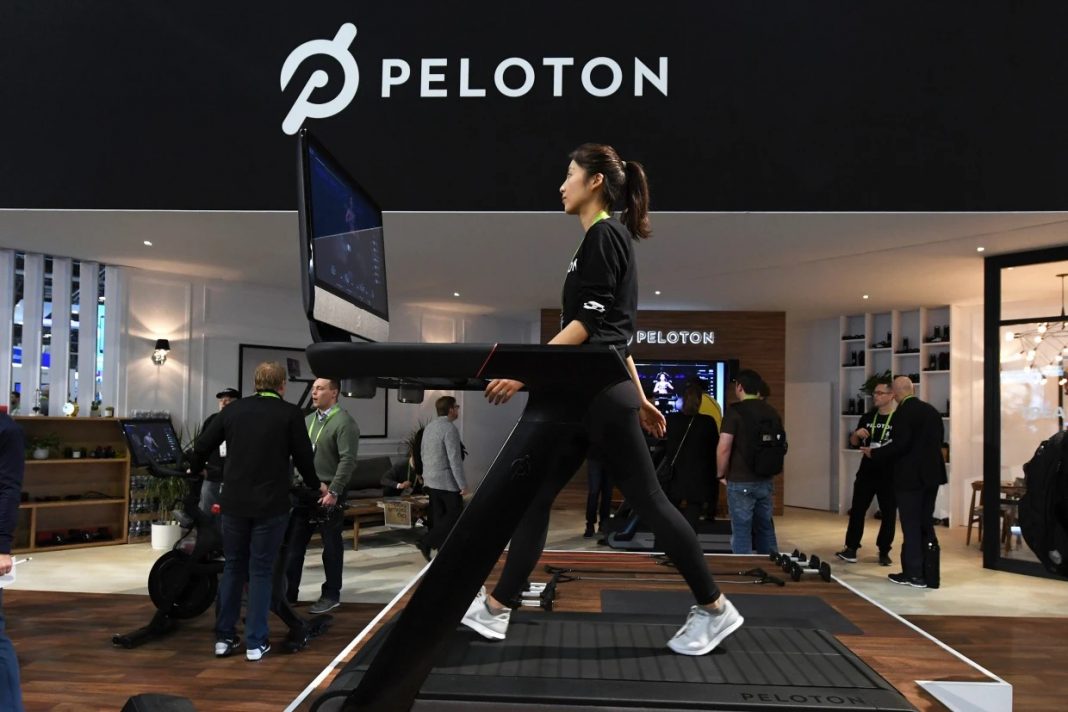It was fun while it lasted, but after years of sky-high valuations, Silicon Valley is engulfed in its worst sell-off since the 2008 stock market crash.
After a pandemic-fueled boom sent tech names soaring, many of those businesses have seen the worst six months of their lives as publicly traded companies. Peloton, the exercise startup, is emblematic of this ominous reality: Its shares have cratered from a high of $163 at the end of 2020 to about $17. On Thursday, The Wall Street Journal reported company executives were looking to sell a minority stake to an outside investor.
. . . . . . . . . . . . . . . . . . . . . . . . . . . . . . . . . . . . . . .
“Investor sentiment in Silicon Valley is the most negative since the dot-com crash,” David Sacks, a venture capitalist in San Francisco and a former PayPal executive, said this week in a tweet, referring to the turbulent days of the early 2000s.
Tech companies are often especially vulnerable during an economic downturn, because most of these early-stage enterprises aren’t profitable, relying instead on venture capital investments to cover expenses while they focus on rapid growth — something that’s much more difficult when consumer demand slows down.
Firms that had scored headlines in the past 18 months for raising millions of dollars to achieve billion-dollar “unicorn” valuations have announced layoffs. They include the celebrity video-clip company Cameo; the stock market trading app Robinhood; Thrasio, which buys and sells third-party brands on Amazon; and the employment group Workrise.
